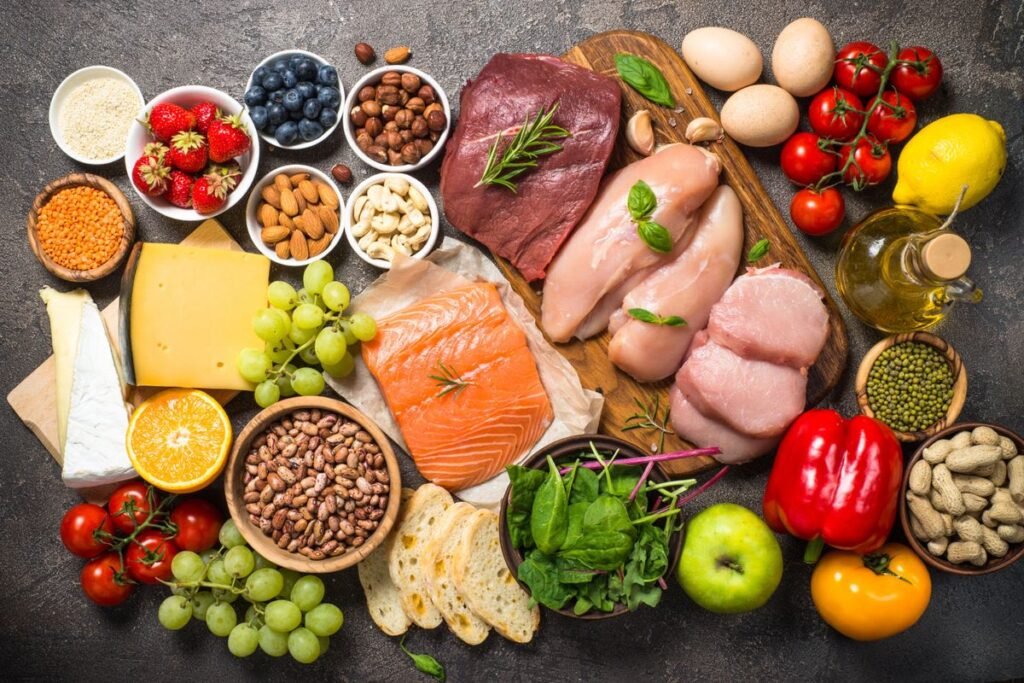What Happens If the Body Lacks Healthy and Nutritious Foods? | Wholesome Insights

Food is not just about taste or satiety, it is the biological fuel that orchestrates every function of the body. Vitamins, minerals, proteins, carbohydrates, healthy fats, and fiber act as the micro and macro “building blocks” that keep our cells alive, our organs efficient, and our minds sharp.
But what if your daily plate lacks these essential nutrients? The answer is clear: the body begins to “malfunction.” Just as a machine without oil rusts and stalls, the human body deprived of nutrient-dense foods gradually weakens, exposing itself to various health risks.
Consequences of Poor Nutrition: A Closer Look
- Weakening of the Immune System
A diet low in vitamins (especially Vitamin C, D, and zinc) cripples the body’s defense system. This leads to:
- Frequent infections such as colds or flu.
- Slower recovery from illnesses or wounds.
In Indonesia, studies by the Ministry of Health (Kemenkes RI) highlight that malnutrition correlates strongly with higher susceptibility to infectious diseases
- Decline in Cognitive Performance
The brain thrives on omega-3 fatty acids, B-complex vitamins, and antioxidants. Without them, one may experience:
- Poor concentration and memory lapses.
- Increased risk of depression or anxiety.
- Mental fatigue even after adequate rest.
- Metabolic Disorders and Fatigue
An unbalanced diet lacking iron, magnesium, or protein leads to:
- Chronic tiredness despite sufficient sleep.
- Low stamina and difficulty in daily activities.
- Higher risk of anemia and reduced muscle strength.
- Premature Aging of Cells
Poor intake of antioxidants accelerates oxidative stress — a silent destroyer that damages cells. The result?
- Early wrinkles and skin dullness.
- Weaker joints and fragile bones.
- Increased vulnerability to degenerative diseases such as diabetes and heart disease.
- Growth and Development Issues
For children and adolescents, insufficient nutritious food can cause:
- Stunted growth (height and weight below the normal range).
- Poor academic performance due to weak concentration.
- Increased risk of long-term chronic diseases in adulthood.
This aligns with findings from Badan Pusat Statistik (BPS) and Kementerian PPN/Bappenas, which report stunting as one of Indonesia’s most pressing nutrition-related challenges
The Wholesome Solution: Reclaiming Health Through Nutritious Foods
The antidote to all these risks is simple yet powerful: embrace healthy, whole, and balanced foods. This includes:
- Natural sources of protein → fish, eggs, legumes.
- Complex carbohydrates → brown rice, oats, whole grains.
- Healthy fats → avocados, nuts, olive oil.
- Colorful fruits and vegetables → for vitamins, minerals, and antioxidants.
Beyond preventing disease, eating wholesome foods nurtures vitality, clarity of mind, and sustainable energy.
Why Nutrition Is More Than Just a Personal Choice
Nutrition is not merely an individual concern but a national priority. A well-nourished population means:
- Stronger workforce productivity.
- Reduced healthcare costs.
- Better educational outcomes for the younger generation.
Nourishment Today, Wellness Tomorrow
The absence of healthy and nutritious foods in one’s daily life may not show immediate effects, but over time, the consequences accumulate like invisible debts to health. From weakened immunity to chronic illnesses, the price is too high to ignore.
Wholesome living begins with Wholesome eating. By choosing nutrient-rich foods consistently, we are not only feeding our bodies but also investing in a future of strength, resilience, and longevity.

